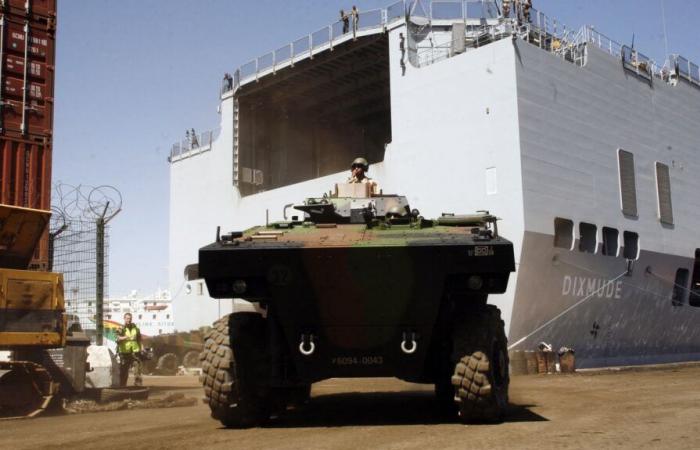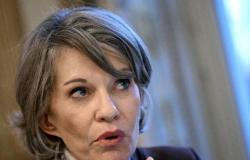
These are two countries and two very different scenarios, but the concomitance of the announcements is striking, as are the terms used, insisting on a sovereignty to be defended in the face of the presence considered invasive of France. Both Chad and Senegal are today distancing themselves from Paris, announcing, Thursday, November 28, just a few hours apart, their desire to see French troops leave their country.
The announcement by the Chadian authorities is by far the most significant, and the most difficult for French diplomacy to take. While the Minister of Foreign Affairs, Jean-Noël Barrot, had just left the country, the Chadian government published a terse press release to announce the end of its cooperation agreements with France.
“France must consider that Chad has grown […] and that it is a State very jealous of its sovereignty” had attacked N'Djamena a little earlier, following an interview between Jean-Noël Barrot and President Mahamat Idriss Déby Itno, installed at the head of the country since the death of his father three years ago. The Chadian Minister of Foreign Affairs has made it clear that it should not be seen as a “rupture“, France is ousted by a regime that it has long and widely supported. Above all, it loses its last anchor point in the Sahel, where it still had a thousand men. The date of their departure has not been specified, and the radio silence of the French authorities in reaction to this announcement speaks volumes about their embarrassment, or their bitterness vis-à-vis the Chadian power.
A little earlier in the evening of Thursday, November 28, the Senegalese president announced that he wanted the French troops to leave. A presence of 350 soldiers that France had planned to reduce, but Bassirou Diomaye Faye took the lead, in line with the policy of independence and strengthening the sovereignty of his country, which he has made a priority since his election in May 2024.
“Sovereignty does not accommodate the presence of military bases” he said to mark the break, and “the French authorities must consider having a partnership stripped of this presence” he continues, referring to the partnerships developed with other countries such as China which do not have military forces on its soil.
These two announcements are part of the continuity of a profound questioning of the French presence in West Africa, where its colonial past encourages the new powers, military or democratic, to share the idea from one page to the next. turn. Already driven out of Mali, Niger and Burkina Faso by the juntas in power, France sees its military presence reduced to the bare minimum, in a region where it has mobilized thousands of men to counter the jihadist threat.
Paris must deal with a damaged image, fueled by a portion of misinformation that invades social networks, and with new competition. If there is no anomaly in seeing France forced to rethink its presence, more than 60 years after the start of decolonization, and for lack of having clearly initiated this process itself, this historic rupture is taking place also under the weight of a major offensive, from Russia and China in particular, which have made the region a priority zone of influence.





